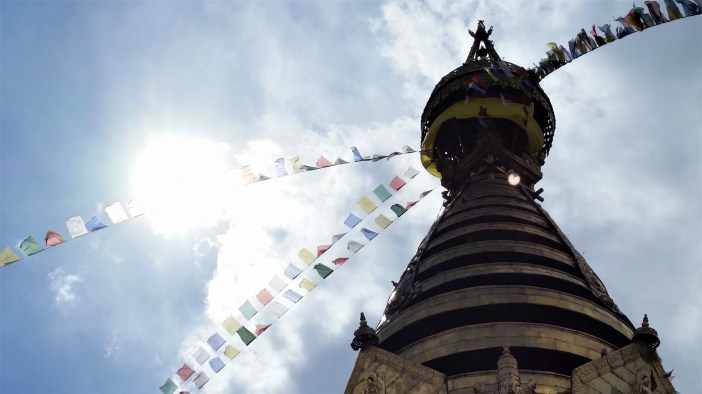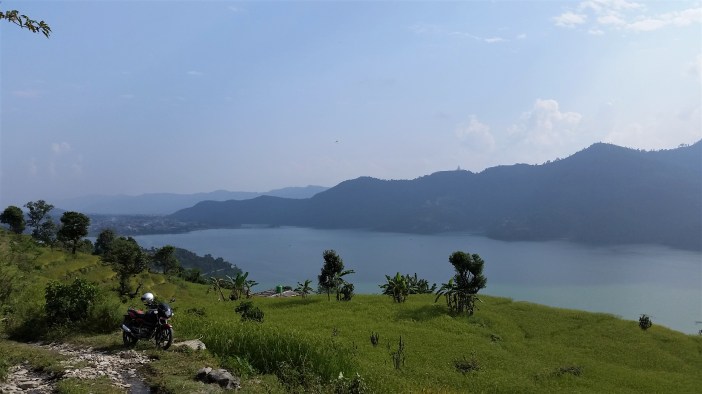There is a story I want to tell, but no matter how many times I try, I can’t get it right.
There is a writer. They go to Bhaktapur, Nepal. It’s October. A young girl approaches them as they enter the city. Says “hello.” Starts chatting. Asks if she can show the writer around to practice her English.
The writer is a white American. The young girl—a teenager, really, though she looks like she could be in middle school—is Newari, an ethnic minority in Nepal.
Let’s call the girl Matina. Let’s say she shows the writer around. There are buildings that are hundreds of years old. There are intricate wood carvings on the doors, in the eaves, above the windows, making windows themselves. This is what people come to Bhaktapur to see.

Let’s say the writer takes her to a café, but mostly because the writer is hungry and hasn’t had coffee. Let’s say they watch Nepali music videos on the writer’s cell phone. Let’s say Matina loves Nepali singers, but her favorite band is One Direction.
What if even in that moment, the writer realizes the complexity of what’s happening? Wonders when Matina might make an ask. Wonders if her parents put her up to snagging tourists off the streets and showing them around, telling them things like how much she likes chemistry. Wonders about the economics that would lead a family to do a thing like that. Wonders if Matina will be able to finish school. Wonders how many other foreigners have taken her to this café.
Still, the writer goes along. Eventually, Matina invites them to her home. The writer meets Matina’s parents. Matina shows the writer her homework—pages and pages, reciting chemistry facts and asking if she got the answers right on her English test. Her mom asks the writer to buy the family groceries.
The writer has been ripped off before with a similar ask—once in Delhi and once in Kathmandu—but they buy the groceries anyway—rice, oil, milk. Matina’s mom invites them back to the house to drink Fanta, their one splurge. Matina cleans off a metal cup with cloudy water from an old 7Up bottle and pours the soda in.
Matina calls the writer “sister” and “friend.” The writer thinks it might all be an act but is tempted to think that Matina might be lonely, too. Maybe in that way, they’re the same. When asked about her best friend, Matina says she had one before, but not now.
It is tempting for the writer to think in terms of these well-worn narratives. Because it easy, and there are clean lines to follow. Lines that could make the writer feel more comfortable.
But they’re not comfortable. And when Matina takes them back to the bus stop, and tells the writer to come back to visit, and asks them to send her post cards, and makes sure they get on the right bus to Kathmandu, the writer can’t help but thinking. And thinking. And thinking.
Did I do the right thing? Did I just make things worse? Will she become a tour guide, nurse, or singer like she dreams? What if my life had been like this? Where would I be? Why do I get to go back to an air-conditioned hotel with wifi when her home has dirt floors and no running water? Why do I keep talking to strangers? How did her house still stand in the earthquake? Did she lose anyone she knew? How do I tell this story? Can I? Continue reading “The Story I Can’t Tell” →








 I’m gonna be honest—this is my second time reading this book, and I read it before the election results were announced. I’d filled out my absentee ballot. I’d scanned and sent it from the
I’m gonna be honest—this is my second time reading this book, and I read it before the election results were announced. I’d filled out my absentee ballot. I’d scanned and sent it from the 




